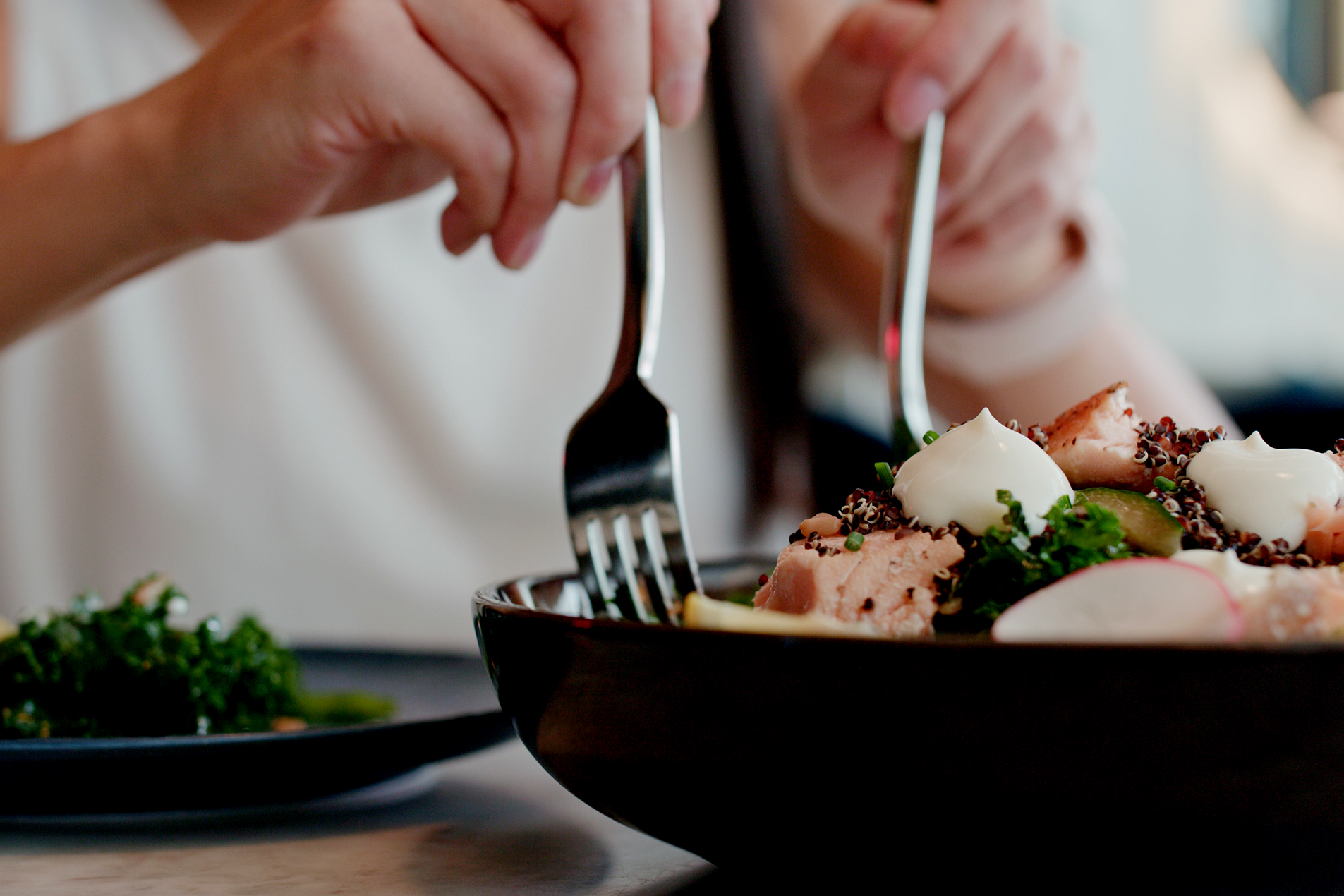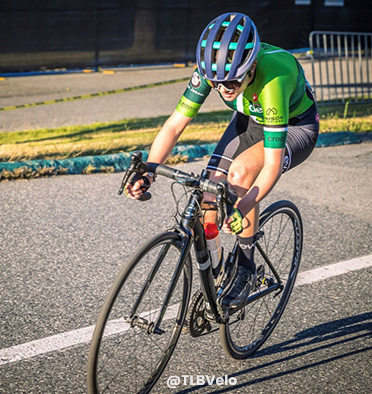If you are the parent of a high school athlete, you may wonder how much protein do teen athletes need? Is protein powder is safe for teenage athletes and how much is too much? When is the best time to take protein to help build muscle? Learn how to optimize protein to support growth, performance and health.
How Much Protein do Teen Athletes Need?
Ideally, protein is used for optimal growth, development, training adaptations and to build tissues and muscle. If your diet is low in energy or carbohydrates, you will waste protein for energy, an inefficient process. Eating enough calories and carbohydrates, especially before and after exercise, helps to use protein more efficiently. Fueling your training with enough carbohydrates is “muscle sparing”, so you don’t need to break down muscle for energy. Another factor that contributes to your protein needs is the quality of protein sources. Vegetarian meals are less bioavailable and may lack essential amino acids, so we need more protein when having vegetarian meals.
The protein needs of young athletes depends on:
- Their body size
- Amount of carbohydrate eaten
- Amount of calories eaten
- Quality of protein sources
- Activity level
For optimal muscle building, International Society of Sport Nutrition (ISSN) recommends 1.4 – 1.7 grams of protein per kilogram of body weight per day (or 0.6 – 0.8 grams of protein per pound of body weight). This works out to 70g of protein for a 100lb person, 100g of protein for a 150lb person and 115g of protein for a 165lb person.
Athletes need 0.6 – 0.8 grams of protein per pound of body weight.
Daily Protein Needs by Weight:
|
Your Body Weight |
Your Daily Protein Needs | Servings of Protein |
|
100lbs |
60-80g protein |
3 servings of 20-25g protein |
|
125lbs |
75-100g protein |
3-4 servings of 25g protein |
|
150lbs |
90-120g protein |
3-4 servings of 30g protein |
|
165lbs |
100-130g protein |
4 servings of 25-30g protein |
|
180lbs |
108-145g protein |
4-5 servings of 25-30g protein |
Kids can get enough protein if they have 3-4 servings of 20-25g protein in a day. That means including a serving of protein at each meal and a snack
Protein Rich Foods:
| Food, cooked | Portion | Grams of Protein |
| Lean meat
Chicken Fish |
100g = 3.5 ounces
100g = 3.5 ounces 100g = 3.5 ounces |
25g
30g 25g |
| Edamame
Tofu Beans, legumes |
160g = 1 cup
100g = 3.5 ounces 160g = 1 cup |
18g
19g 16g |
| Eggs | 2 large eggs | 13g |
| 1% Milk
1% Fairlife Milk Soy Milk |
1 cup = 250ml
1 cup = 250ml 1 cup = 250ml |
9g
14g 7g |
| 2% Greek yogurt, vanilla
Cottage cheese |
¾ cup = 175g
¾ cup = 175g |
17g
26g |
| hemp hearts
nutritional yeast pumpkin seeds |
1 Tbsp
1 Tbsp 1 Tbsp |
3g
4g 2g |
Is Protein Powder Helpful for Teen Athletes?
You can EASILY get your protein needs by diet alone.
Having said that, protein powders can be helpful for young athletes who don’t eat meat or dairy. Protein powders are also convenient to make a smoothie for a quick and easy snack option. Some athletes don’t have an appetite after high intensity training, so smoothies with protein powder can be an easier way to refuel post workout. You can add your favorite protein powder to a blended fruit smoothie for a balanced meal. Enjoy real food when you can and if you find protein powders to be convenient for you, go for it!
Is Taking Protein Powder Safe for Teens?
Be weary of bodybuilding and fitness websites promoting excessive protein intake. High doses of protein can strain the kidneys and do not build more muscle, compared to moderate doses of protein. Having said that, one scoop of protein powder does contain the same amount of protein as a chicken breast and is safe for adolescents and teenagers. However, protein powder does not contain any of the vitamins and minerals that we need from whole foods. Think of protein powder as a supplement that can be added into a meal or snack, rather than as a meal replacement.
What Protein Powders are Best for Teens?
Whey is the most popular protein powder among athletes because it is the quickest protein to be absorbed and gets into the muscles fast. This makes whey protein ideal as part of a post-workout recovery. Whey is a “complete protein” which means it contains all the essential amino acids your body needs. The most common whey powders are made from a blend of whey isolate and whey concentrate, both made from milk.
Whey concentrate is affordable and gets into your muscles fast.
Compared to whey concentrate, whey isolate is a more expensive and pure because it does not contain fat or lactose. If you are lactose intolerant and get bloated or gassy after drinking regular milk or ice cream, choose a powder made from 100% Whey Isolate, since it is lactose free.
100% Whey isolate is more expensive, but it is great if you are lactose intolerant.
Are Vegan Protein Powders Healthier?
There are number of vegan protein powders made from a combination of soy or pea protein, rice protein, pumpkin seeds and hemp seeds. Both pea protein and hemp protein have all the essential amino acids, but in different amounts, so they are often combined to make a balanced protein powder. Vegan protein powders often contain small amounts of minerals, vitamins, fibre, fat or carbohydrates. There are some vegan protein powders that have extra fruit and vegetable extracts added for extra vitamins and nutrition.
Vegan protein powders often have added vitamins and nutrients.
Monash University reminds us that the fibre in soy and pea protein can be gassy and may cause some bloating in people with sensitive stomachs or IBS. Some of these vegan powders can taste “green” but if you mix it with smoothie ingredients, it can be a great way to get a nutrient rich supplement.
When is the Best Time to Take Protein?
The secret to building muscle is actually in protein timing. Have small portions of protein every 3-4 hours. Our bodies cannot use more than 20-30g of protein at once and our bodies cannot store extra protein for later. Having too much protein at once doesn’t help to build muscle. We can optimize building muscle by having moderate portions of protein every few hours at each meal and snack.
Have 20-30g protein every 3-4 hours to build muscle.
Many teen athletes take a protein powder to build muscle and gain weight. Taking protein powder on its own is not particularly helpful to build muscle mass.
To learn about the sport nutrition strategies to build muscle, read this blog 10 Steps to Gain Muscle.
It can be tricky to include protein in breakfast, so here are some tips to boost your breakfast with protein.
High Protein Breakfast Ideas for Young Athletes:
- Greek yogurt + sprouted grain toast + peanut butter
- Greek yogurt + granola + fruit
- Eggs + sprouted grain toast
- Smoothie made with milk, Greek yogurt, frozen berries, banana
- Protein pancakes + fruit + milk or soy milk
- Cereal + milk or protein shake










3 Comments